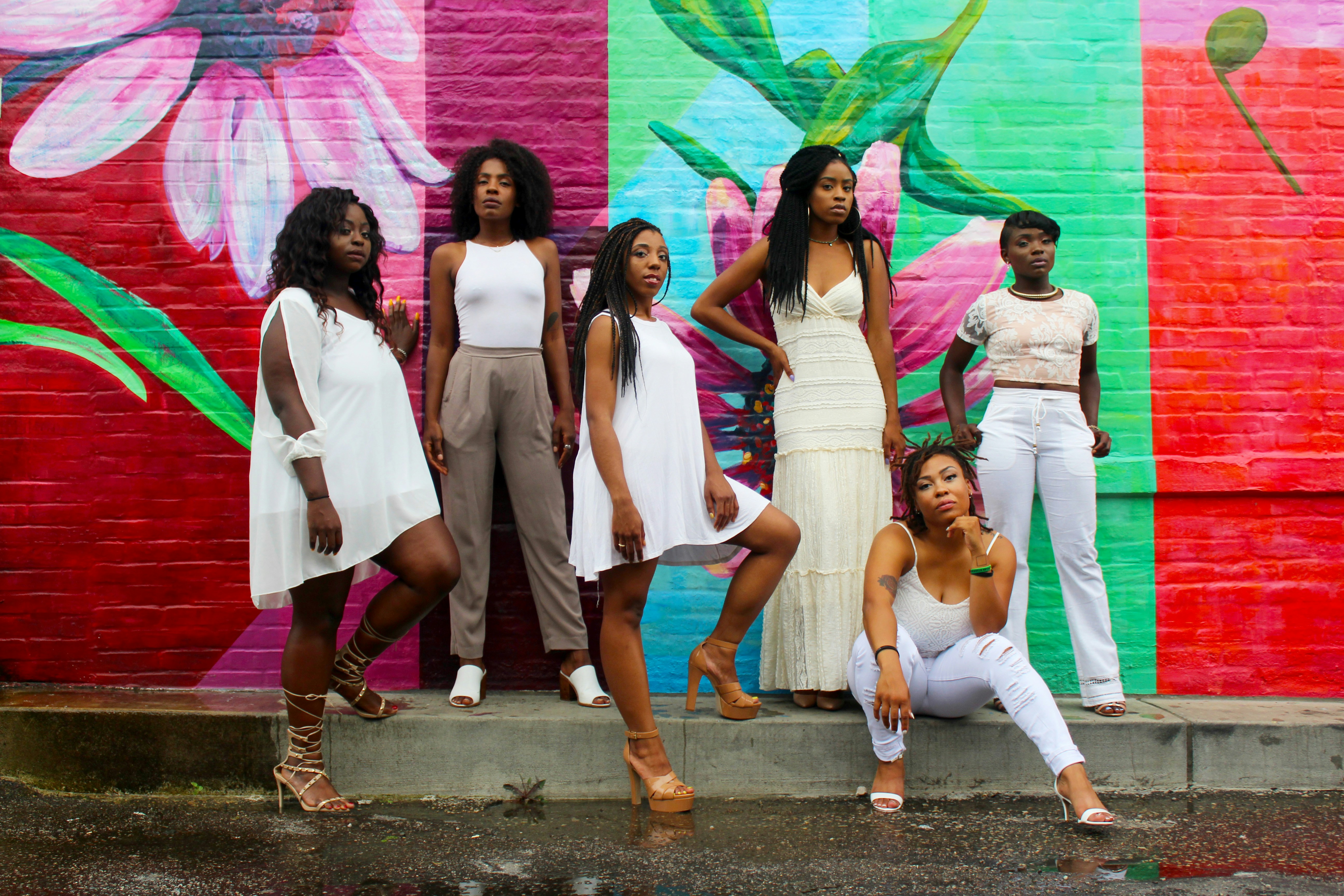The Sibling Symphony: Harmonizing Relationships in a Multicultural Household
Published on August 10, 2024
The Sibling Symphony: Harmonizing Relationships in a Multicultural Household

Growing up in a multicultural household can be both a blessing and a challenge. As the eldest of three siblings born to parents from different cultural backgrounds, I've experienced firsthand the unique dynamics that shape family relationships in this context. Our home was a vibrant tapestry of traditions, languages, and expectations, which sometimes led to discord but ultimately created a rich and harmonious family life.
The Cultural Tug-of-War
One of the most significant challenges we faced was the constant negotiation between different cultural norms. My father's Asian heritage emphasized respect for elders and academic achievement, while my mother's Western upbringing valued individual expression and pursuing personal passions. This often led to conflicts, especially during adolescence when we were trying to forge our own identities.
Finding Common Ground
Despite these challenges, we discovered that our multicultural background was also a source of strength. We learned to appreciate different perspectives and developed a unique ability to bridge cultural gaps. This skill not only helped us navigate our family dynamics but also proved invaluable in our interactions with the wider world.
The Role of Siblings
As siblings, we played a crucial role in each other's lives, acting as cultural mediators, confidants, and support systems. We created our own micro-culture within the family, blending elements from both our parents' backgrounds and our experiences growing up in a diverse community.
Key Strategies for Sibling Harmony:
- Celebrate differences: Embrace the unique aspects of each sibling's cultural identity
- Create shared traditions: Develop new family customs that incorporate elements from all cultural backgrounds
- Open communication: Encourage honest discussions about cultural conflicts and identity struggles
- Mutual support: Stand up for each other when facing cultural misunderstandings outside the family
- Learn together: Explore both cultures as a team, attending cultural events and learning languages together
The Benefits of Multicultural Sibling Relationships
Our multicultural upbringing and strong sibling bonds have given us numerous advantages:
- Enhanced empathy and cultural sensitivity
- Improved communication skills
- Greater adaptability in diverse environments
- A broader worldview and appreciation for diversity
- Stronger problem-solving abilities
Challenges and Growth
Of course, our journey wasn't always smooth. We faced our share of sibling rivalries, cultural identity crises, and communication breakdowns. However, these challenges ultimately strengthened our relationships and personal growth. We learned to navigate complex emotions, mediate conflicts, and support each other through difficult times.
The Power of Technology in Maintaining Connections
As we've grown older and moved to different parts of the world, technology has played a crucial role in maintaining our close bonds. Video calls, shared photo albums, and group chats help us stay connected and continue to share in each other's lives, despite the physical distance.
Conclusion: A Lifelong Journey
Our multicultural sibling relationships have been a source of joy, growth, and strength throughout our lives. While it hasn't always been easy, the rich tapestry of our family's cultural heritage has given us a unique perspective on the world and a deep appreciation for the power of family bonds.
As we continue to navigate our individual paths, we carry with us the lessons learned from our multicultural upbringing and the unbreakable bonds we've forged as siblings. Our family's symphony may have occasional discordant notes, but the overall melody is one of love, understanding, and harmony.
If you're looking for ways to strengthen your family bonds and improve communication, especially in multicultural households, consider trying Thinker. This AI-powered tool can help mediate conversations, provide insights into family dynamics, and offer a safe space for open dialogue.
Explore Thinker

